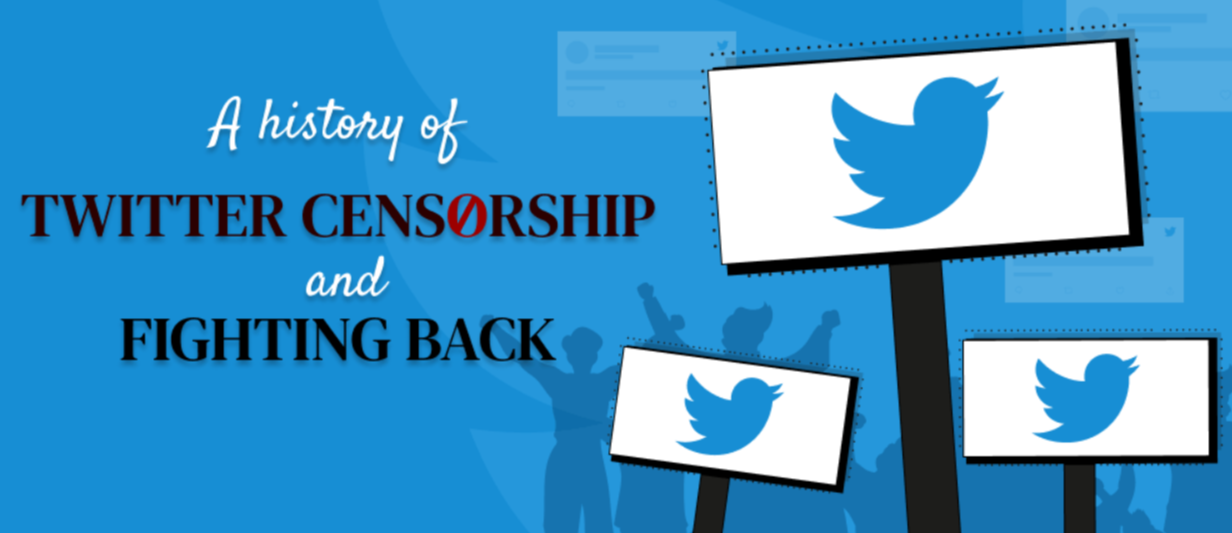(Akiit.com) New Twitter owner Elon Musk is vowing to reform the social media platform. “Free speech is the bedrock of a functioning democracy, and Twitter is the digital town square where matters vital to the future of humanity are debated,” Musk said in a statement after his $44 billion bid to buy the company was accepted.
Many, many conservatives hope Musk succeeds. But as much as Twitter needs freer speech, it also needs to tell the world precisely what it has been doing for the last few years. That is why it should conduct a full and comprehensive audit of all the instances in which it has suspended users, banned users, reduced the visibility of tweets, and in other ways censored or suppressed information on its platform for political reasons.
How many times have you heard that this or that person you might follow on Twitter has been suspended for a day, warned, or outright thrown off the platform? And for what reason? And how do you even know when you don’t see a tweet that, absent Twitter suppression, you would have seen?

We all know the most famous, most outrageous examples of Twitter suppression. For example, at this very moment, Twitter has locked out the humor site Babylon Bee for declaring transgender Biden administration official Rachel Levine “Man of the Year.”
Most important, we know what Twitter did in the Hunter Biden laptop case, when, at the height of the 2020 presidential campaign, Twitter locked the account of a major newspaper, the New York Post, for publishing a story detailing suspicious business dealings of the Biden family. Twitter demanded that the Post remove the story. Twitter blocked users from sharing the story. And all on the false premise that the laptop information was hacked or inaccurate or somehow Russian disinformation. Meanwhile, Twitter did not censor the statements of those who made the false Russian disinformation claim.
After the election, when it became impossible for all but the hardest-core ideologues to deny that the laptop was real, then-Twitter chief Jack Dorsey admitted the company had made a mistake. “We recognize it as a mistake that we made, both in terms of the intention of the policy and also the enforcement action of not allowing people to share it publicly or privately,” Dorsey told the Senate in late November 2020.
But Dorsey, who is no longer CEO, never explained just how Twitter came to make the decisions that it made. Who made them? Through what process? How did Twitter decide to silence some accounts while leaving others untouched? Who, specifically, did it censor, and when?
While Musk looks forward, moving to ensure free speech and “make Twitter better than ever,” he needs also to look backward, to reveal to the public what Twitter has been doing for the last several years to limit speech and censor viewpoints.
Meanwhile, some on the left are freaking out about the possible end of Twitter censorship. They liked it the way it was. Democratic Sen. Elizabeth Warren pronounced the sale of Twitter “dangerous for our democracy.” Former Clinton Labor Secretary Robert Reich is denouncing the deal. The actresses Mia Farrow and Jameela Jamil say they will leave. The director and actor Rob Reiner is angry at the prospect that Musk might restore former President Donald Trump to Twitter.
“The question for all of us is,” Reiner tweeted, “will [Musk] allow a criminal who used this platform to lie and spread disinformation to try to overthrow the U.S. government to return and continue his criminal activity? And if he does, how do we combat it?” For his part, Trump says he will not return to Twitter, that he will stay with his own site, Truth Social, although there is some skepticism about that.
In a truly delicious irony, some on the left are worried that if Musk takes control of Twitter, the platform might censor some users. Imagine that! On his MSNBC program Monday, host Ari Melber painted a scary picture of what Twitter under Musk might be like.
“If you own all of Twitter or Facebook or what have you, you don’t have to explain yourself,” Melber said. “You don’t even have to be transparent. You could secretly ban one party’s candidate or all of its candidates, all of its nominees. Or you could just secretly turn down the reach of their stuff and turn up the reach of something else, and the rest of us might not even find out about it until after the election.”
Melber said it all with an entirely straight face, as if that is not precisely what Twitter has been doing in recent times, except that it favored the side he favors.
So now Musk begins the task of taking over Twitter. There are a lot of changes that need to be made to ensure fairness. And he will no doubt face fierce resistance from inside the company he has just purchased. But the thing that needs to be done first is to go fully public — institute real transparency — by revealing precisely how, and how often, Twitter suppressed legitimate political speech these last few years.
Columnist; Byron York
Official website; http://twitter.com/ByronYork









Leave a Reply